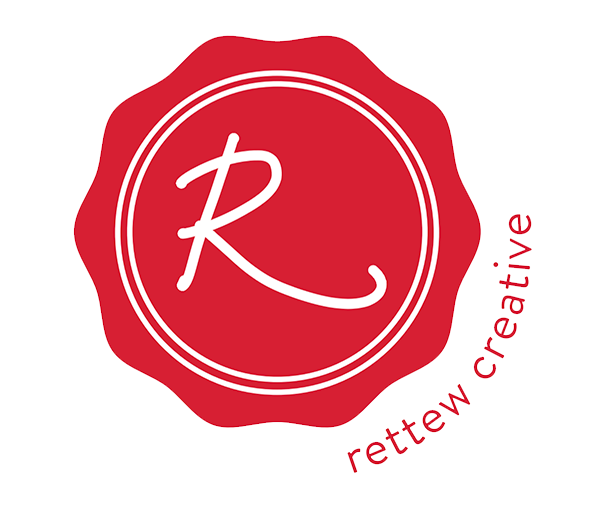I am starting to notice more and more friends in my social space marketing more and more products and services. Specifically, products and services some they represent either by contract or full time employment. Above is one of many updates that have been showing up in my Facebook feed after Christmas. I looked and looked, and there is no disclosure of her relationship to Visalus? Should I care? Does it matter? Do I like to get these updates in Facebook along with all the other advertisements?
Now…I know we all want to share when we are excited about a product or service. But, are we sharing because we are excited or are we marketing a product or service just to market to a sphere of influence? If it is the latter, are we disclosing the relationship (our material connection)?
I am not opposed to individuals using their sphere’s of influence to share products and services that they are excited about.
What speaks to me and calls me to question motives are a few things:
1) Individuals who have built a core sphere of influence online and have switched the sharing focus from personal to business updates. This is especially apparent in more private, closed social outlets like Facebook.
I have a few friends that have switched from complete personal posting on Facebook to a heavy mixture of pushing products and personal updating.
2) Individuals do not disclose their relationships with the products and services we are marketing in our social spaces.
We all should spend a few minutes and refresh our marketing memories with these simple guidelines shared by the FTC and WOMMA. Even I should go through and remind myself when I am sharing content from organizations I represent.
This guidelines are covered in the WOMMA Social Media Disclosure Guide as it relates to the FTC’s “material connections”:
Material Connections
The FTC explains “material connections” as any connection between a blogger and an advertiser/marketer that might materially affect the credibility consumers give to that blogger’s statements. Important examples of “material connections” include:
1) Consideration (benefits or incentives such as monetary compensation, loaner products, free services, in-kind gifts, special access privileges) provided by an advertiser/marketer to a blogger; and
2) A relationship between an advertiser/marketer and a blogger (such as an employment relationship).
Responsibility of Advocates
Advocates also have a responsibility to ensure their relationship to a marketer is adequately disclosed. An advocate must disclose his or her relationship to a marketer when making statements or providing reviews about that marketer’s product or service, or a competitor’s, as part of a marketing program or initiative in effect at the time of review or statement. Finally, an advocate must comply with stated social media or blogging policies.
Clear and Prominent Disclosure
No matter which platform is used, adequate disclosures must be clear and prominent. Language should be easily understood and unambiguous. Placement of the disclosure must be easily viewed and not hidden deep in the text or deep on the page. All disclosures should appear in a reasonable font size and color that is both readable and noticeable to consumers.
Does it bother you more and more people are using their social spaces to market products and services? Maybe or maybe not? Or maybe it is the same thing as marketing blogs like this in my status updates? Do people realize who I am representing or connected to virtually?
So in full disclosure…this is who I work with and represent professionally. Here is my client list…https://rettewcreative.com/clients
To download the WOMMA Social Media Disclosure Guide, CLICK HERE.
I used this link for information:
http://www.fanscape.com/about/WOMMAFTC_Disclosure_Guide/


